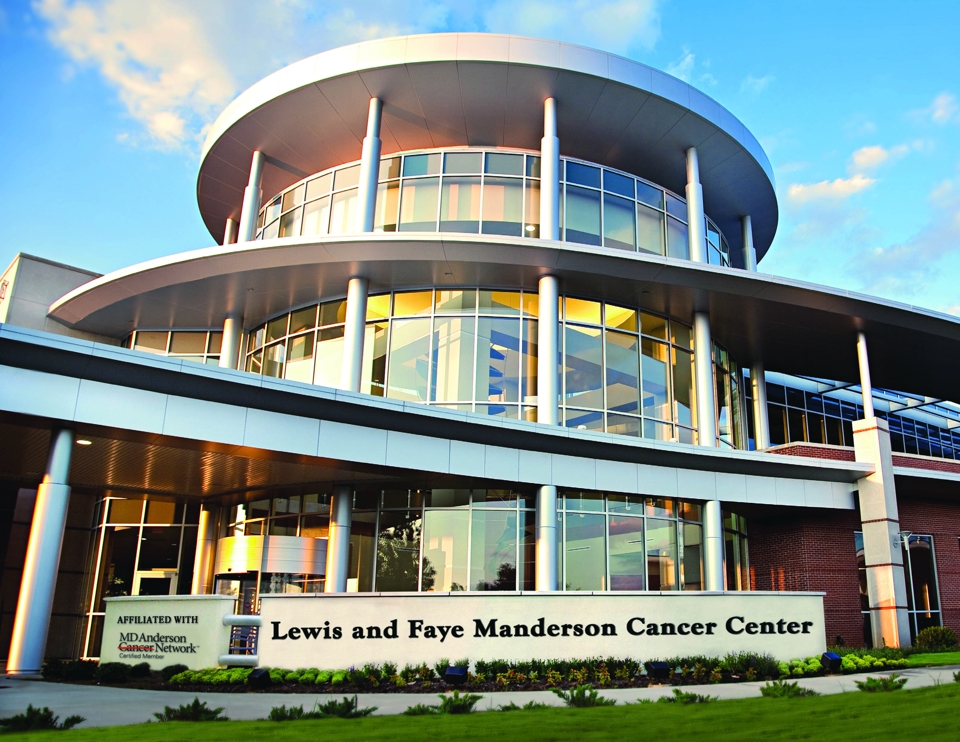
- Services
- Cancer Treatment
- Treatment and Services
- Genetic Testing
Genetic Testing
Cancer occurs when a person’s genes experience harmful changes called mutations. Mutations occur due to environmental and/or lifestyle factors, by chance or by an inherited genetic mutation. Inherited genetic mutations, which are genetic mutations passed down through a family, can cause certain cancers.
What is Genetic Testing?
Genetic testing helps to determine if a person has an increased risk of developing certain types of cancer, and helps to determine if a person’s cancer has a link to a hereditary gene mutation. At this time, no genetic test can say if a person will develop cancer for sure.
We screen all patients and offer genetic counseling and testing to patients who meet the current guidelines for further evaluation.
Who should consider hereditary cancer syndrome genetic testing?
When determining if you should consider hereditary cancer testing, provide your physician with your personal and family history of cancer. Some reasons your physician may recommend hereditary genetic testing include:
- Family history of cancer
- Family or personal history of cancer at an early age
- Multiple cancers
- Rare cancers
Benefits of hereditary cancer syndrome genetic testing
- Know if your cancer diagnosis has a link to a genetic mutation.
- Understand your treatment options including new advanced treatments approved by the FDA.
- Eligibility for certain clinical trials.
- Learn your risk of developing additional cancers, and ways to prevent or diagnosis certain cancers at an early stage.
- Family’s risk of developing certain cancers.
- Encourage you and your family to be more diligent with screenings and lifestyle changes.
-
 Smith Giri
Smith Giri- Hematology/Oncology
205.759.7800View Profile -
 Andrew Harrell MD
Andrew Harrell MD- Surgery
205.345.2211View Profile -
 David L Hinton MD
David L Hinton MD- Hematology/Oncology
View Profile -
 Grant R Williams MD
Grant R Williams MD- Hematology/Oncology
View Profile -
 James W Evans MD
James W Evans MD- Hematology/Oncology
View Profile -
 Susan Bostick MD
Susan Bostick MD- Hematology/Oncology
View Profile -
 Pamela Hughes MD
Pamela Hughes MD- Hematology/Oncology
View Profile
Related Locations
-
 Lewis and Faye Manderson Cancer Center General 809 University Blvd. E.
Lewis and Faye Manderson Cancer Center General 809 University Blvd. E.
Tuscaloosa, AL 35401 Map & Directions

